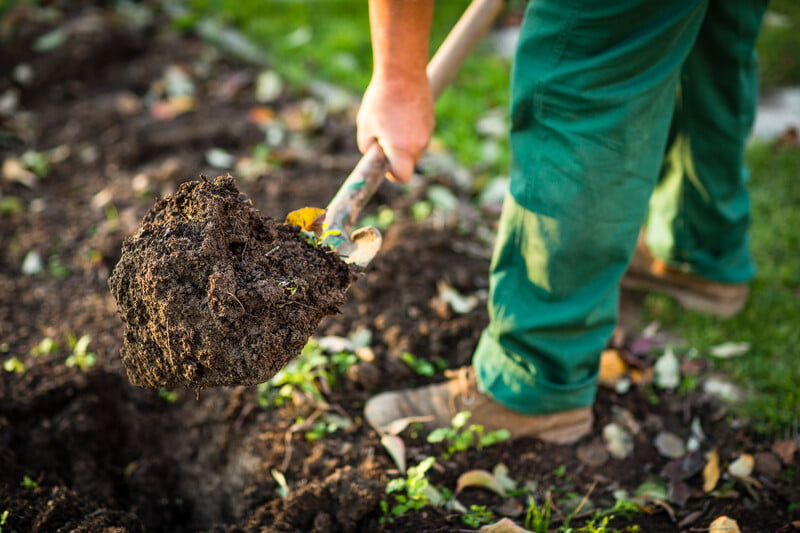Gardening is a fulfilling and rewarding activity that offers numerous benefits, such as enhancing the aesthetic appeal of your home, providing a source of fresh produce, and promoting physical and mental well-being. However, to reap these benefits, plants in your garden require consistent care and attention. Here’s why gardens take so much time to maintain.
Rain Might Not Be Enough
While rain is a natural source of water that can help nourish your garden, relying solely on rainfall may not be enough to keep your plants healthy and thriving. Factors like regional climate, seasonal variations, and soil type can significantly impact the amount of water your plants receive. Moreover, different plants have unique water requirements, and some may need more frequent watering than others. By consistently monitoring the moisture levels in your soil and adjusting your watering schedule accordingly, you can ensure that your plants receive the optimal amount of hydration to grow strong and healthy.
Disease and Other Threats
Apart from providing sufficient water, ongoing maintenance is crucial for protecting your garden from diseases and other threats. Common garden diseases, such as powdery mildew and blight, can spread rapidly and wreak havoc on your plants if left unchecked. Similarly, pests like aphids, caterpillars, and snails can damage your plants and affect their overall health. Any one of your plants can be hurt by nematodes or other parasites. Regular inspections of your garden will help you identify signs of disease or pest infestation early on, allowing you to take appropriate action to prevent further damage. Preventive measures, such as removing diseased plant material, promoting proper air circulation, and using organic or chemical treatments when necessary, will help keep your garden healthy and vibrant.
Improve Yield
In addition to safeguarding your garden from threats, ongoing maintenance is essential for improving the yield of your plants. Pruning, for instance, promotes better growth by removing dead or damaged branches and encouraging the development of new, healthy shoots. It also allows for better light penetration and air circulation, leading to stronger and more resilient plants. Furthermore, regular fertilization is vital for providing your plants with the essential nutrients they need to grow and produce bountiful harvests. By testing your soil and using the appropriate type and amount of fertilizer, you can optimize the growth and productivity of your plants.
Ongoing maintenance is indispensable for the well-being of your garden. By ensuring adequate water supply, safeguarding your plants from disease and other threats, and implementing practices to improve yield, you can cultivate a flourishing and productive garden that provides numerous benefits. Whether you are a seasoned gardener or just starting, dedicating time and effort to the care of your plants will yield rewarding results and contribute to the beauty, health, and sustainability of your garden.
Also check out this article: How to Find a Home That Perfectly Fits What You Want







